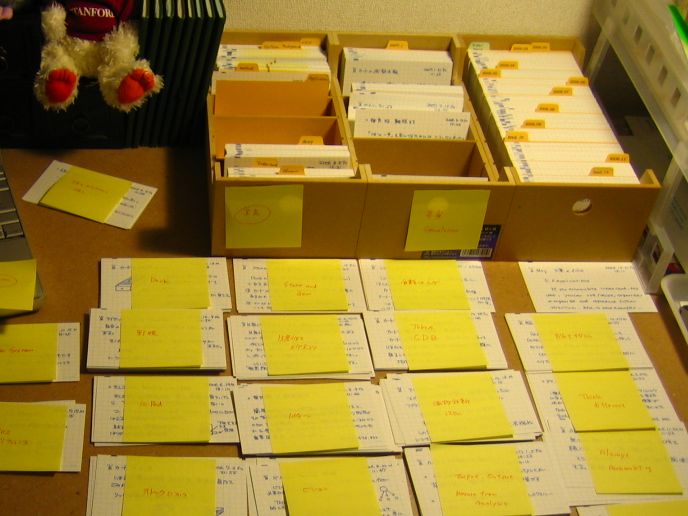Class 2, Does Memory Matter? Why Are Universities Studying Slavery and Their Pasts? by David Blight for [[YaleCourses]]
watch
memory and history
hard histories
slavery
neuroscience of memory
Glaucon
The Republic
Charan Ranganath
Ralph Waldo Emerson
invisible hand
Daniel Kahneman
System 1 vs. System 2
Paul Conkin
Paul Conkin's zettelkasten
zettelkasten examples
information overload
David Hume
storytelling
Pierre Nora
Lieu de mémoire
memory palaces
David Blight
Augustine
William James
memory vs. history
Avishai Margalit
Robert McKee
memory boom
Benjamin Silliman
Yale University history
Andrew Jackson
Mark Twain
DeVane Lecture 2024

